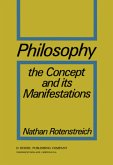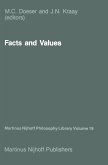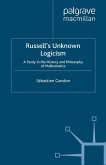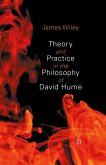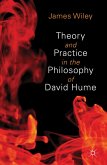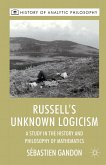The present book is concerned with the nature of philosophy and with the scope of philosophical interest. It combines an analysis of the major types of philosophical thinking as they emerged in the history of philosophical ideas with an attempt to examine problems which recurrent ly emerge in philosophical discourse. It is from this point of view that the historical and the systematic approaches are meant to be mutually reinforcing. I am grateful to my friends who helped me to formulate the line of thinking expressed in this book: Z. Bar-On, A. Margalit, E. I. I. Poznanski, Z. Werblovsky and E. Zemach. Some years ago when I visited the Center for the Study of Democratic Institutions in Santa Barbara, Dr. Robert M. Hutchins encouraged me to write the present book. I am dedicating the book to him not only because of that encouragement but more importantly because as an educational thinker Dr. Hutchins represents the position which assigns to the great ideas of the past validity andvalue in the analysis of topical problems of the present.
Hinweis: Dieser Artikel kann nur an eine deutsche Lieferadresse ausgeliefert werden.
Hinweis: Dieser Artikel kann nur an eine deutsche Lieferadresse ausgeliefert werden.


